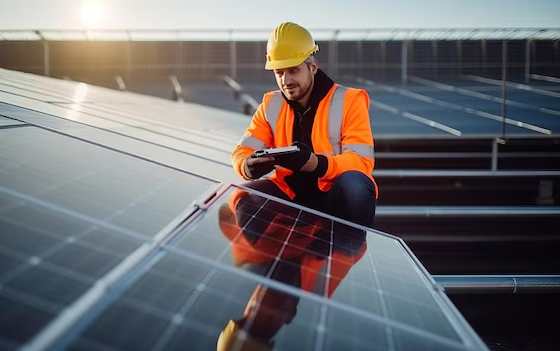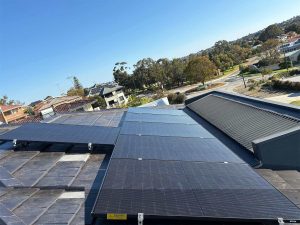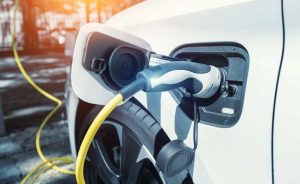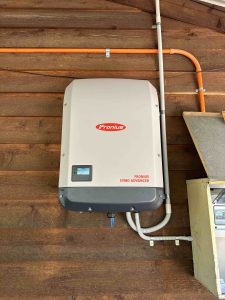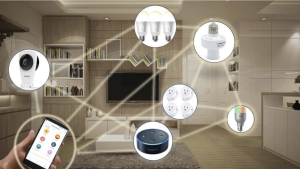Maintenance is a crucial aspect of ensuring that rooftop solar systems continue to operate efficiently over the long term. Traditional maintenance methods often involve scheduled inspections or reactive measures, which can be time-consuming and costly. AI, however, offers a more proactive and efficient approach through predictive maintenance.
Detecting Anomalies in Real-Time
AI systems continuously monitor the performance of solar panels, inverters, and other components in real-time. By analyzing data from sensors and historical performance, AI can detect anomalies or deviations from normal operation that may indicate a developing issue. For example, a sudden drop in energy production could signal a malfunctioning panel or inverter, prompting the system to notify the homeowner or a technician before the problem worsens.
This real-time anomaly detection allows for faster resolution of issues, reducing downtime and preventing costly repairs. AI can also differentiate between minor issues that can be resolved remotely and major problems that require on-site intervention, streamlining the maintenance process and reducing costs.
Forecasting Future Failures
AI’s predictive capabilities go beyond real-time monitoring. By analyzing trends in the data, AI can forecast when specific components of the solar system are likely to fail. This enables homeowners to schedule maintenance or component replacements proactively, preventing unexpected failures and ensuring that the solar system continues to operate at peak efficiency.
For instance, AI can predict when solar panels may need cleaning due to dust buildup or when an inverter might require replacement based on its historical performance and operational lifespan. This level of foresight ensures that homeowners can maximize the lifespan of their solar systems while minimizing the frequency and cost of repairs.
Optimizing Energy Consumption: AI-Driven Smart Home Integration
AI is not just revolutionizing solar panel performance and energy storage—it is also transforming how we manage energy consumption in the home. Smart home technology is becoming increasingly popular, and AI is at the heart of these innovations. By integrating AI with smart home systems, homeowners can optimize their energy usage to align with solar energy production, further enhancing energy efficiency and reducing waste.
Automating Energy Use Based on Solar Production
AI systems can automate household energy consumption based on the amount of solar energy being produced at any given moment. For example, during periods of high solar production, the AI system can automatically run energy-intensive appliances, such as dishwashers, washing machines, or electric vehicles, to make the most of the available solar power.
Conversely, during times of low solar production or cloudy weather, the AI system can prioritize energy-saving measures, such as reducing heating or cooling and delaying non-essential appliance use. This level of automation ensures that energy is used as efficiently as possible, with minimal waste.
Learning and Adapting to Homeowner Habits
In addition to optimizing energy use in real-time, AI can learn from the homeowner’s daily routines and energy consumption habits. By understanding when the household is typically unoccupied or when energy demand peaks, AI can adjust energy usage accordingly. This adaptive approach allows for more intelligent energy management, ultimately leading to significant cost savings and reduced environmental impact.
Grid Interaction and Demand Response
AI-driven smart homes can also interact intelligently with the electricity grid. In regions with demand response programs, where utilities offer incentives for reducing energy use during peak hours, AI can automatically adjust energy consumption to take advantage of these incentives. By coordinating the home’s energy usage with grid demand, AI not only saves homeowners money but also contributes to a more stable and efficient energy grid.
The Future of Solar Energy: AI Innovations Shaping Residential Solar Systems
As AI technology continues to evolve, its impact on the solar energy sector will only grow. The future of residential solar systems is being shaped by ongoing innovations in AI, leading to even greater levels of efficiency, automation, and sustainability.
AI-Enabled Decentralized Energy Grids
One exciting area of development is the integration of AI into decentralized energy grids. In this future model, individual homes equipped with solar panels and energy storage systems will communicate with the grid in real-time, balancing supply and demand more effectively. AI algorithms will optimize the flow of energy across the grid, ensuring that excess solar power generated by one home can be used by another, reducing reliance on large-scale power plants and promoting a more sustainable energy network.
Advanced Machine Learning for Energy Forecasting
Machine learning models tailored specifically for renewable energy applications are also on the horizon. These models will further

